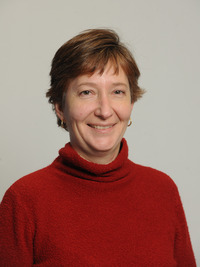Risk Course
Fall 2024 MPA Course: Crises and Disasters
This fall, a MasterÔÇÖs of Public Administration course hosted at the MacEachen Institute will bring together experts from different sectors and leaders from all orders of government to explore different dimensions of risk governance with future policymakers. The course, Crises and Disasters, is co-taught by the MacEachen InstituteÔÇÖs Scholarly Director Dr. Kevin Quigley and former Nova Scotia premier Darrell Dexter.
Course Speakers
╠ř
Week One: Epidemiology and the Pandemic
September 10, 2024 | Rational Theory
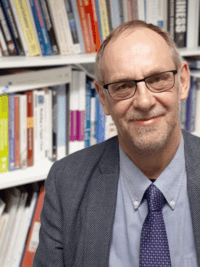
Dr. Robert Van Der Meer
Professor, Management Science | University of Strathclyde
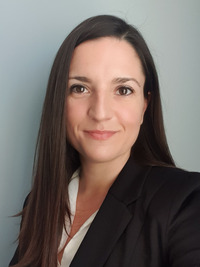
Dr. Tiffany Fitzpatrick
Epidemiologist | Public Health Ontario
╠ř
Dr. Jennifer Payne
Professor, Epidemiology | ║┌┴¤│ď╣¤═°
╠ř
Week Two: Communication and the Pandemic
September 17, 2024 | Psychology of Risk
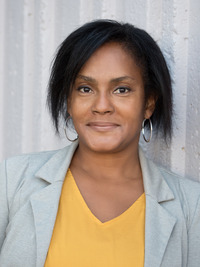 ╠ř
╠ř
Dr. Gaynor Watson-Creed
Associate Dean of Serving and Engaging Society | ║┌┴¤│ď╣¤═°
 ╠ř
╠ř
Dr. Terry Flynn
Associate Professor, Communications Management | McMaster University
╠ř
Week Three: Industrial Failure
September 24, 2024 | Systems Theory
╠ř
Speakers:
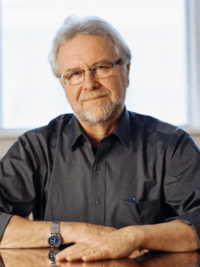 ╠ř
╠ř
Bruce Campbell
Author, The Lac-M├ęgantic Rail Disaster: Public Betrayal, Justice Denied
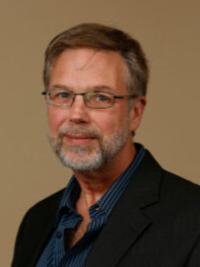 ╠ř
╠ř
Ronald Pelot
Professor, Industrial Engineering | ║┌┴¤│ď╣¤═°
 ╠ř
╠ř
Vernon Theriault
Author, Westray: My Journey from Darkness to Light
╠ř
Week Four: Identities and Communities
October 1, 2024 | Anthropological Approaches to Risk
╠ř
Speakers:
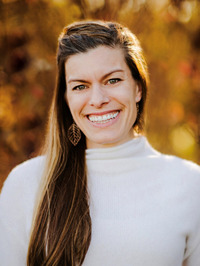 ╠ř
╠ř
Jennifer Spinney
Assistant Professor, Disaster Anthropology | York University
 ╠ř
╠ř
Caroline McDonald-Harker
Associate Professor, Sociology; Director of the ╠ř| Mount Royal University
╠ř
Week Five: Cyber Security
October 8, 2024 | Risk Regulation Regimes
╠ř
Speakers:
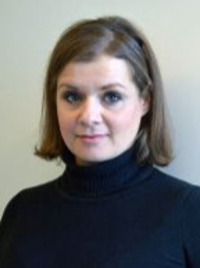 ╠ř
╠ř
Stephanie Carvin
Associate Professor, International Affairs | Carleton University
 ╠ř
╠ř
Srinivas Sampalli
Professor, Computer Science | ║┌┴¤│ď╣¤═°
╠ř
Week Six: Road Risk
October 15, 2024 | Risk Regulation Regimes
╠ř
Speakers:
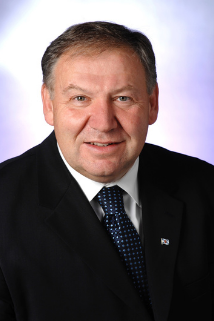 ╠ř
╠ř
Darrell Dexter
Honourary Distinguished Fellow, MacEachen Institute | Former Premier of Nova Scotia
╠ř
Week Seven: Mass Evacuations
October 22, 2024 | IRGC Framework
╠ř
Speakers:
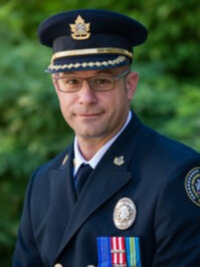 ╠ř
╠ř
Coby Duerr
Deputy Chief | Calgary Emergency Management Agency

